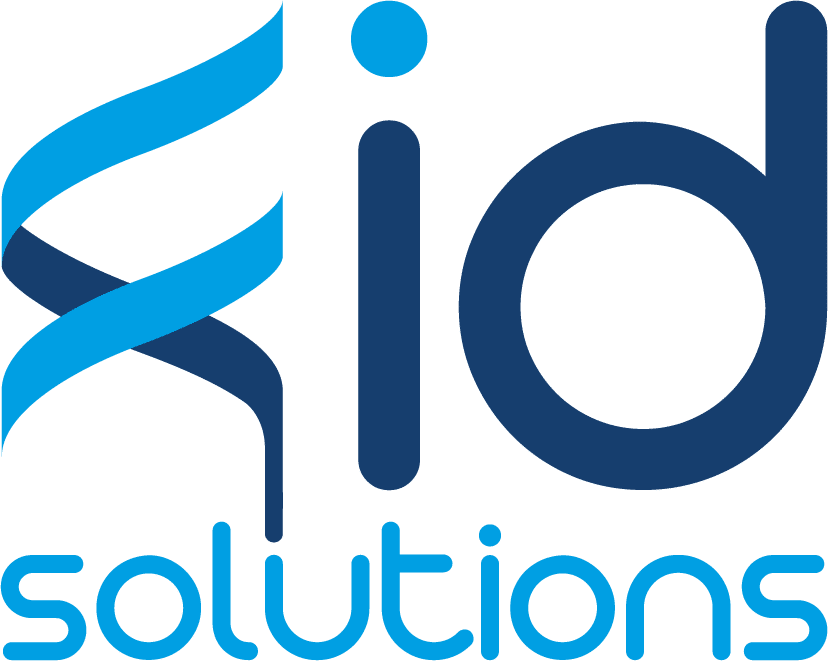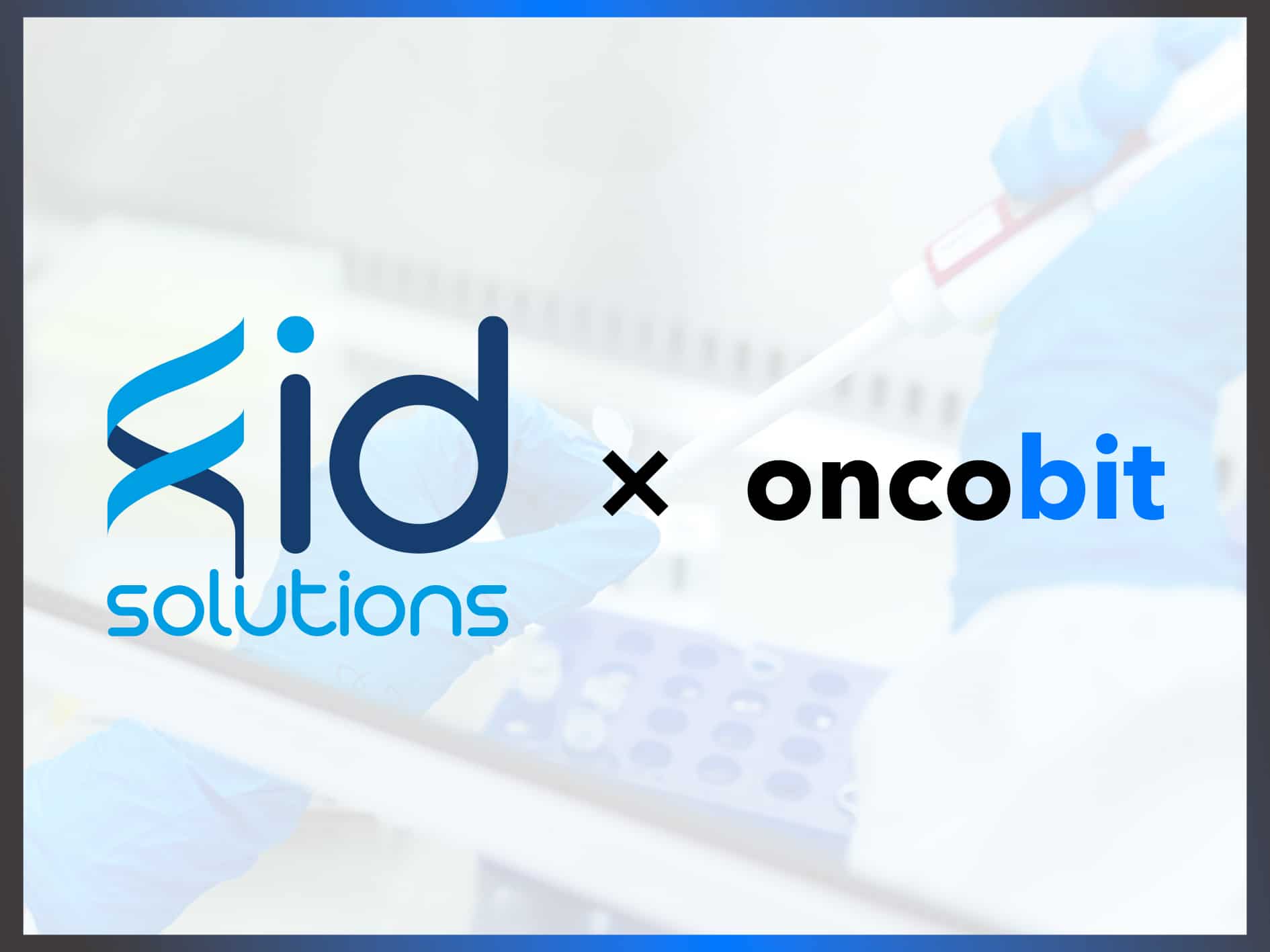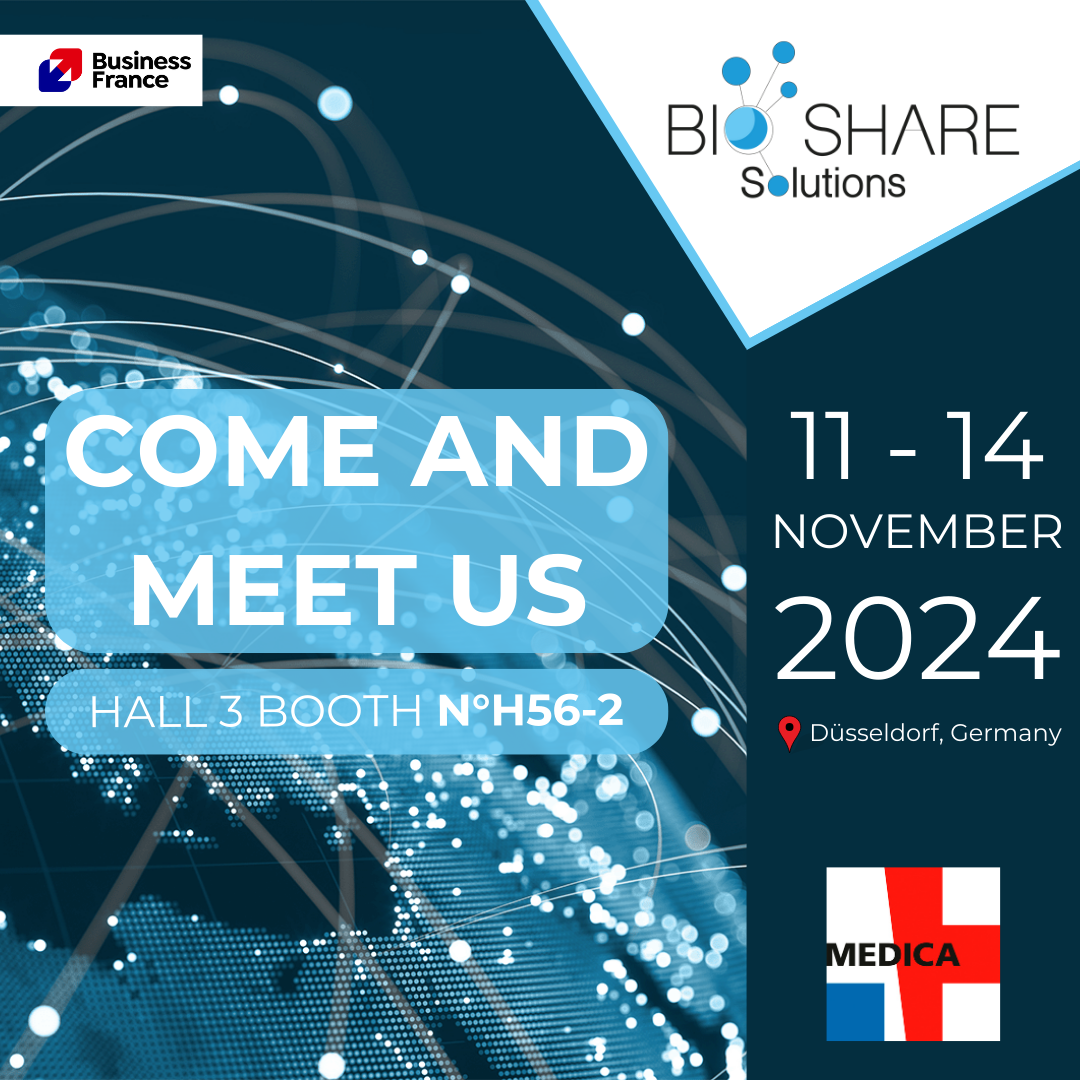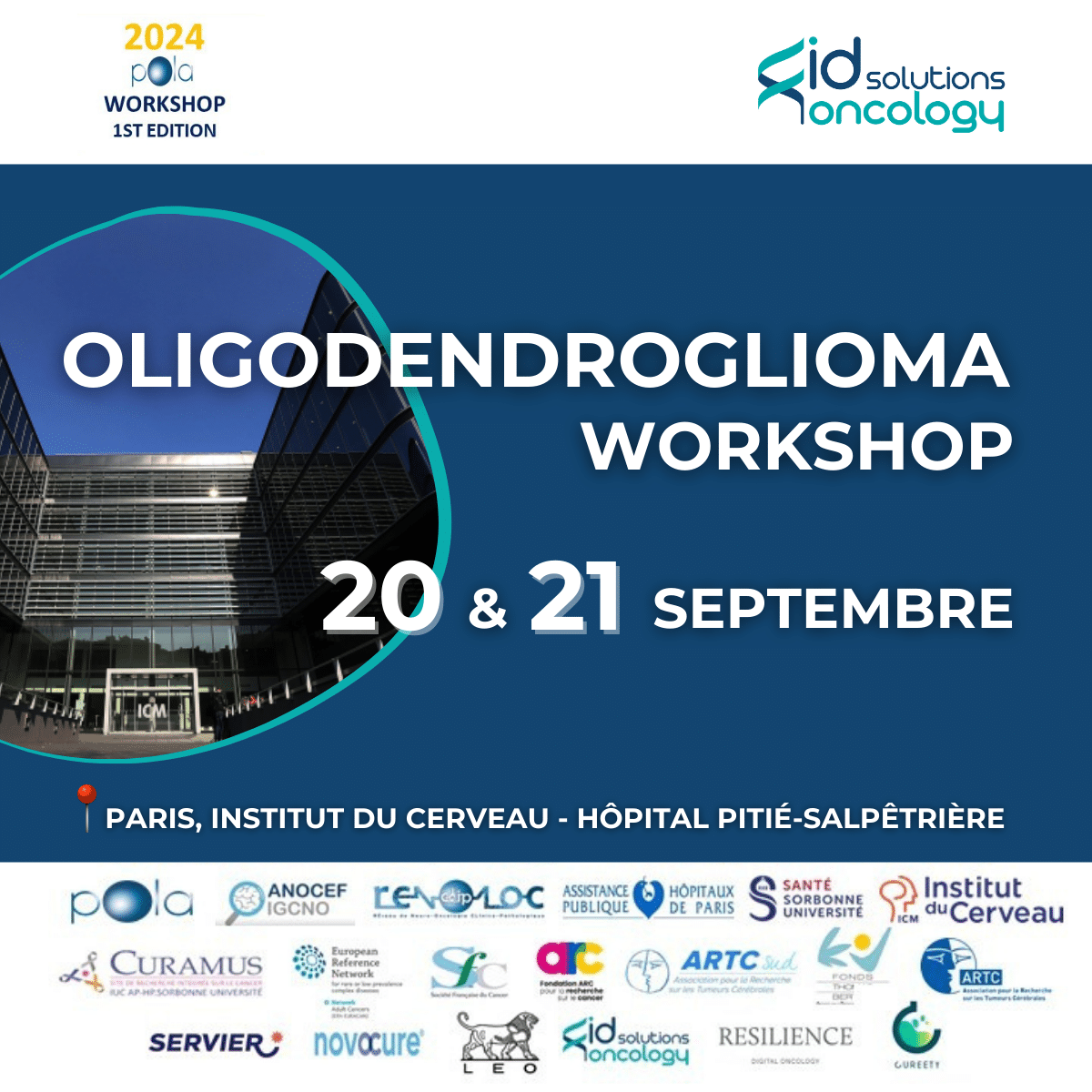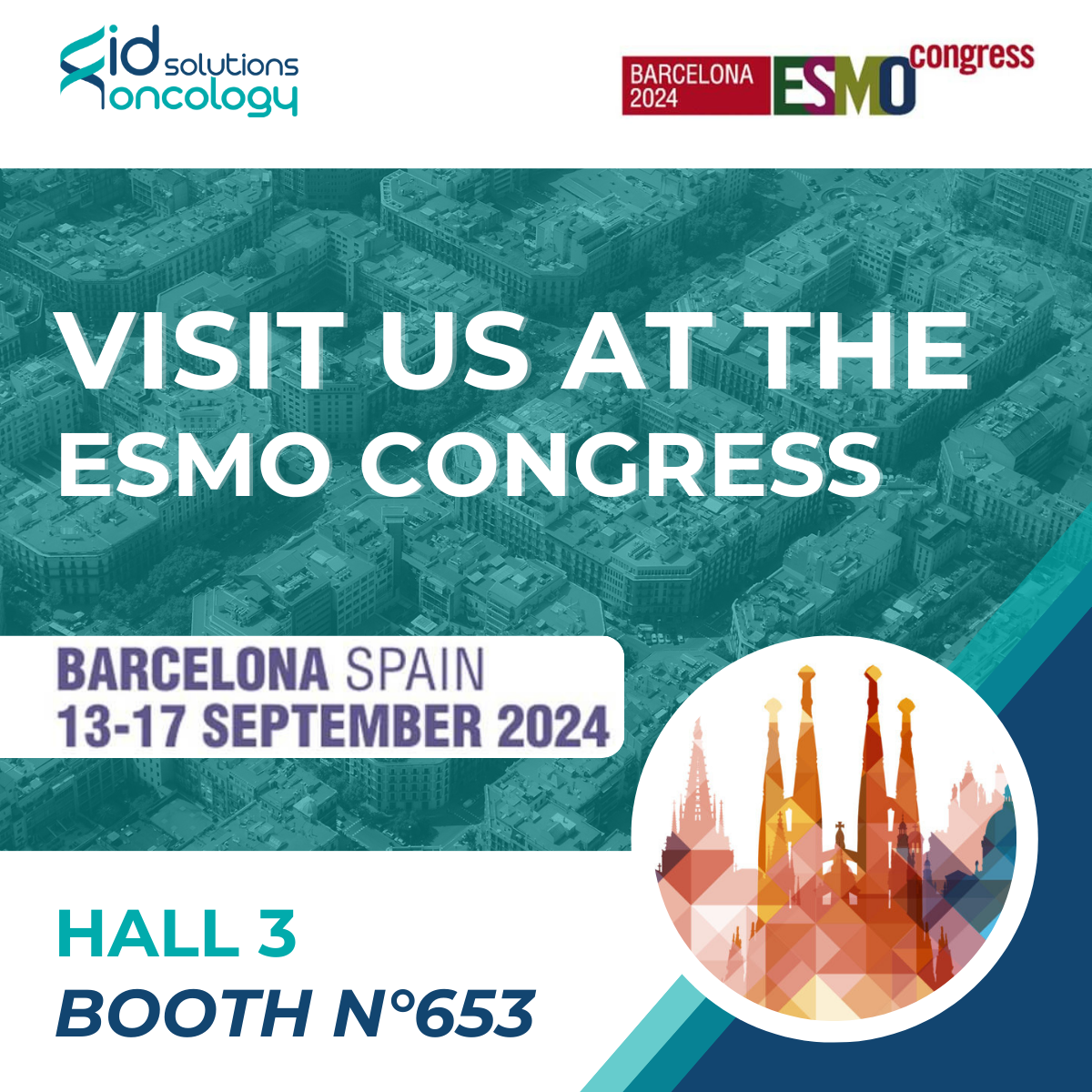After a cancer diagnosis, every patient seeks to stack the odds in their favour to avoid recurrence.
While medical treatments and regular follow-up remain essential, one often underestimated factor plays a major role in this battle: physical activity.
At ID SOLUTIONS, a specialist in molecular research and diagnostic solutions, we know early detection is vital. But we also believe that patient support doesn’t end with screening. Leading an active lifestyle after cancer is key to full recovery.
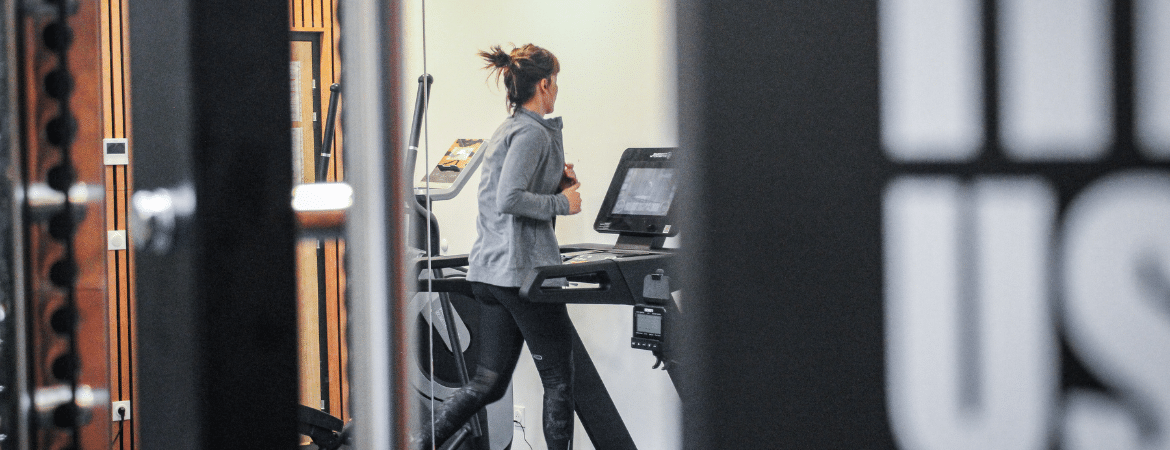
Statistics that speak for themselves
Scientific data are clear: physical activity performed after a cancer diagnosis significantly reduces the risk of recurrence. International studies show impressive results:
- Prostate cancer: on average a 57% reduction in recurrence risk.
- Colorectal cancer: a 49% decrease in recurrence risk.
- Breast cancer: a 43% drop in recurrence risk.
Beyond recurrence prevention, post-diagnosis physical activity is associated with about a 40% reduction in overall mortality for these three types of cancer. These benefits are observed even with moderate activity equivalent to 30 minutes of brisk walking, five times a week.
Moreover: increasing one’s physical activity level progressively after diagnosis—even starting from a low baseline—is linked to a significant reduction in mortality.
How does physical activity act against recurrence?
Optimising metabolism and reducing fatigue
Regular physical activity affects many physiological mechanisms that contribute to reducing recurrence risk and improving treatment tolerance.
It improves metabolism: better insulin sensitivity and blood-glucose regulation; better fatty-acid utilisation; muscle mass and bone density maintenance.
These combined effects prevent sarcopenia and functional loss often observed during treatments, and contribute to a lasting reduction in cancer-related fatigue.
Strengthening the immune system and improving body composition
In parallel, exercise stimulates the immune system: increased activity of natural killer cells and T lymphocytes, and shifts the immune response toward an anti-inflammatory profile. This modulation of the inflammatory environment helps maintain a biological terrain unfavorable to tumour progression.
Finally, by improving body composition and reducing fat, physical activity aids better treatment tolerance, reduces pain and enhances quality of life. It thus stands as an effective non-pharmacological therapy—studies show a 20–40% reduction in chronic fatigue—and supports physical and psychological autonomy recovery.

Professional and human accompaniment
As emphasised by Dr Jean-Marc Sène, a physician specialising in sport-health:
“A patient who takes up a sporting challenge discovers mental capacities they often did not suspect. Mental capacities are decisive in healing.”
Physical activity adapted to the individual must be framed within a structured approach, complementing medical supervision. Trained professionals, such as adapted physical activity educators or organisations like CAMI Sport & Cancer, offer programmes tailored to each patient’s capacity and profile.
Beyond movement, this support contributes to better psychological and social balance — essential factors for overall recovery.

Conclusion
Cancer disrupts one’s bearings, but physical activity helps regain control. Walking, breathing, moving: these simple acts contribute to rebuilding health and confidence. The goal is not performance but reconnecting with one’s body, guided by professionals and supported by science.
At ID SOLUTIONS, we know every innovation counts in the fight against cancer. Our expertise in molecular diagnostics aims to detect disease as early as possible, but we are convinced that holistic patient care also includes guidance towards an active lifestyle. Because behind every screening test, every analysis, there’s a person who deserves the best chances of recovery and a life without recurrence.
The message is clear: move, as soon as possible, as often as possible, and especially regularly. Even moderate activity is a massive gain compared to a sedentary state. Talk to your medical team, get support if needed, and give your body the means to defend itself sustainably against disease.
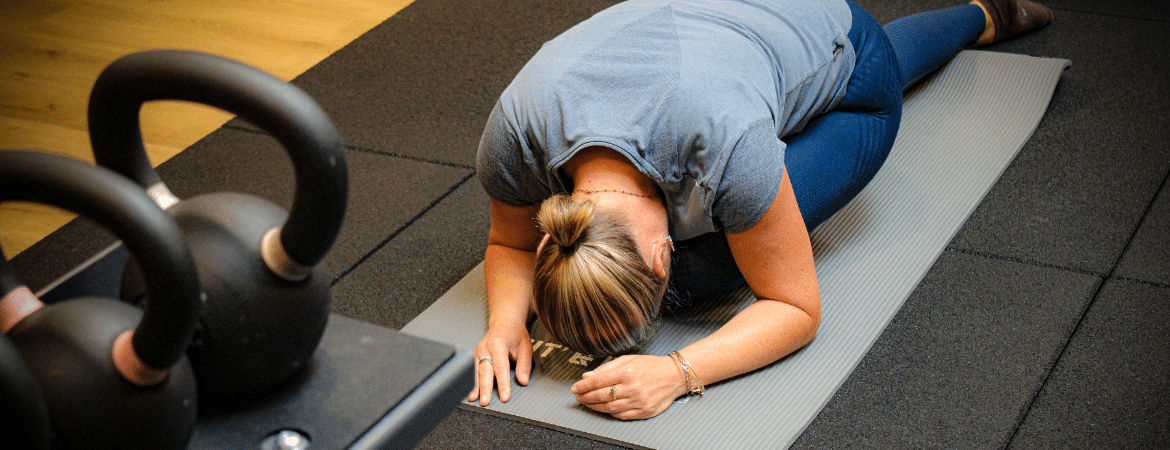
Sources :
Fondation ARC pour la recherche sur le cancer
Institut National du Cancer (INCa), “Bénéfices de l’activité physique pendant et après cancer”, mars 2017
CAMI Sport & Cancer
La Santé en action n°445, septembre 2018
